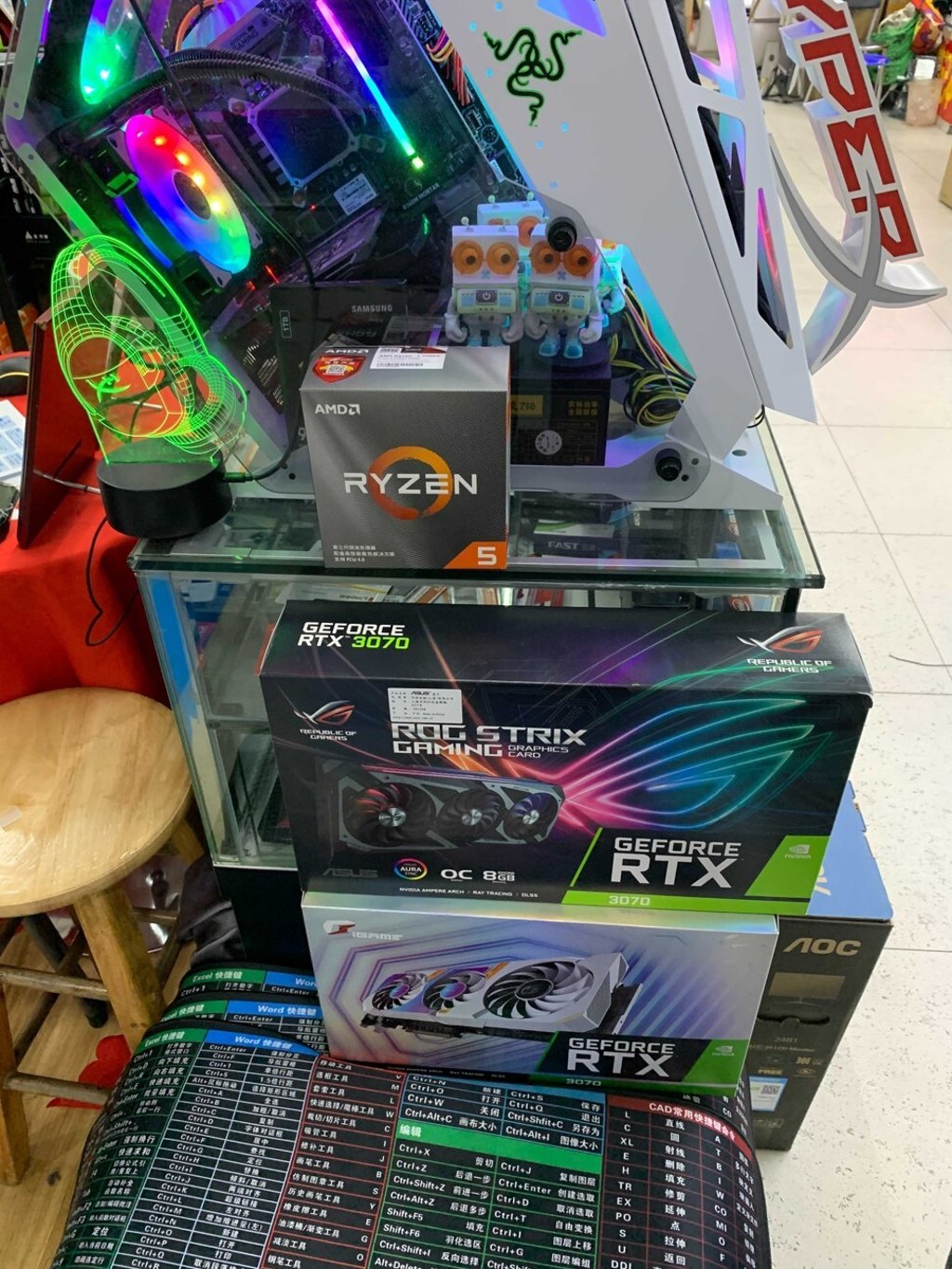Bitcoin volatility rocks China’s graphics card market, pushing vendors to demand same-day purchases of dwindling supply
- Demand for GPUs is surging amid a global chip shortage, with prices in Huaqiangbei, the world’s largest electronics market, changing along with bitcoin
- GPUs, typically made for gamers, are useful for cryptocurrency mining, but the high energy consumption is frustrating China’s energy-saving push

Volatile bitcoin prices are wreaking havoc on the prices of graphics cards in Huaqiangbei, the world’s largest electronics market located in Shenzhen, preventing buyers from making advanced purchases.
Vendors are telling customers looking for high-end graphics processing units (GPUs) that they will only discuss prices for immediate purchases or depending on the size of the deal. Amid a global chip shortage and rising demand, many vendors are left with just a few dozen GPUs in stock, making it a tough seller’s market. One seller refused to even give a price quote unless customers committed to making a purchase that day.
“The quotations will be meaningless if you are not buying today. The prices are so volatile that you’ll have a very different offer tomorrow,” said one seller on Monday from behind a computer, giving occasional glances at potential buyers. The middle-aged man runs a small gaming equipment store on the fourth floor of Huaqiang Electronics World, a large mall where most of the area’s graphics card vendors set up shop
“Tell me the price you’re thinking of and I will see if I can sell the cards to you,” he said. “I have hundreds of inquiries from other buyers who are ready to make a deal now.”

Powerful GPUs are typically coveted by gamers because of their ability to quickly render 3D graphics in real time. But cryptocurrency miners have found that this power is also very useful for their trade because of the much higher processing speeds for certain types of repetitive tasks relative to CPUs. With the price of bitcoin recently rising above US$50,000, demand for GPUs has skyrocketed amid a chip shortage that persists in part because of manufacturing delays resulting from the Covid-19 pandemic.